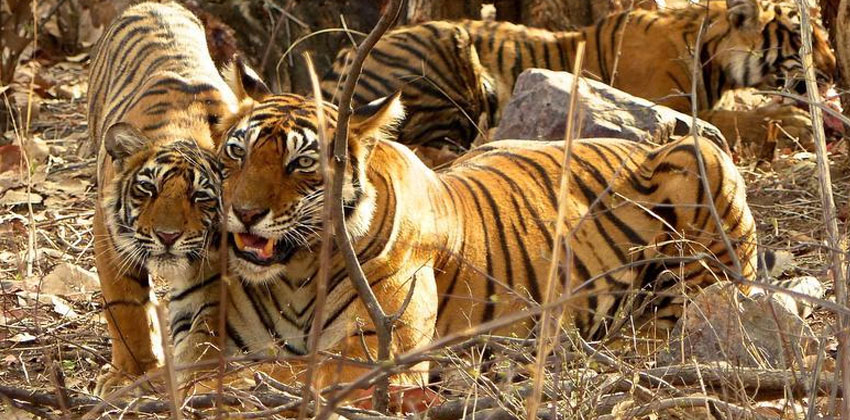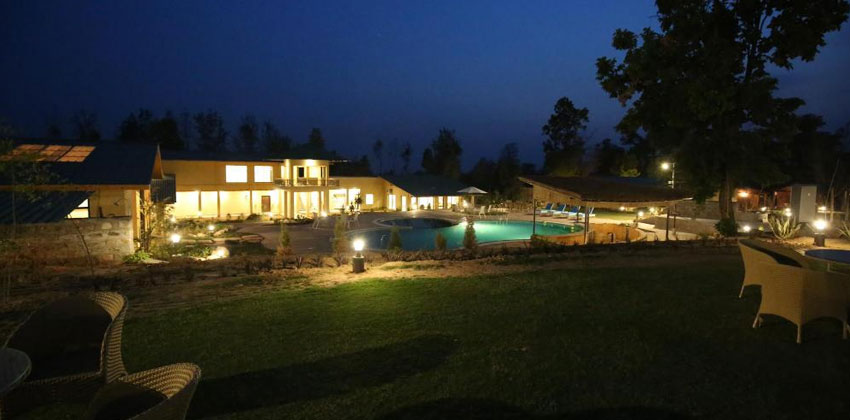Three eco-tourism zones near Corbett Tiger Reserve to open in January

Three new eco-tourism zones on the suburbs of the Corbett Tiger Reserve will be open in January, just a month after the Supreme Court’s approval for night stays at forest rest houses near the Reserve.
Recently a division bench of the Uttarakhand High Court adjudged that “No tourist should be permitted to stay overnight in national parks, protected forests and reserve forests in order to protect wildlife.” The HC had also restricted the number of vehicles that entered the Reserve to 100 per day.
However, following the plea from the stakeholders of the National Park, the Supreme Court has stayed the HC’s decision in October. A month later, the gates of the Dhikala zone opened its gates and rest houses around Corbett began taking reservations.
Following the HC’s order, discontented jeep owners in the Dhikala zone had complained that wildlife enthusiasts and Corbett visitors from the National Capital Region (NCR) had begun to frequent the Ranthambore National Park instead of Corbett. The hoteliers and night-stay owners also said the court order has affected their business badly.

Forest minister Harak Singh Rawat on Sunday announced that three new eco-tourism zones just outside the Corbett Reserve will be located at Pawalgarh, Nihal and Sandani. Temporary rest-houses will be built, so that they can be easily dismantled if any more stringent legislation comes in the future.
“The rest-houses will have rainwater harvesting facilities to reduce exploitation of local water resources and solar-lit fencing will be installed to keep animals away,” said Rawat.
“Bookings will commence for stays from January onward. We hope the three new zones will boost tourism and provide employment to locals,” added the minister
Home to more than 200 tigers (as per All India Tiger Estimation 2014) and spread over an area of 1288.31 square kilo meters, Corbett is one of the most loved tourist destinations of the state. Dhikala and Bijrani are the most popular of the existing six eco-tourism zones and Corbett receives more than 300,000 tourists every year.






